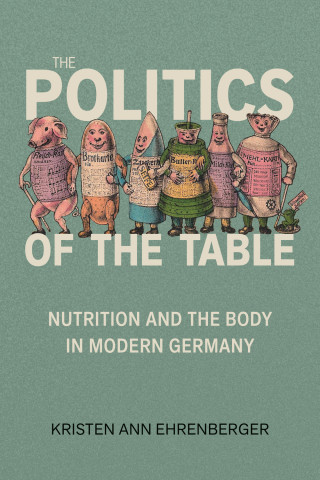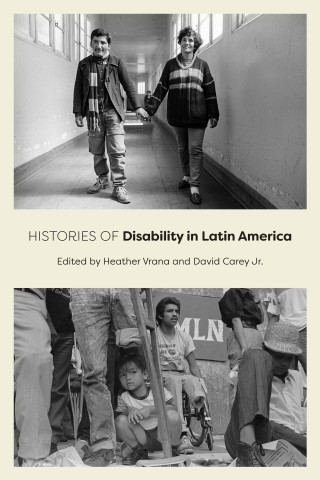
Reviews
Despite its broad title, the book focuses solely on Minnesota and draws from information housed in the Minnesota State Archives. Ladd-Taylor, a professor of history at York University, sees this troubling past as part of Minnesota's efforts to reduce social welfare support for many vulnerable populations.
While Fixing the Poor highlights the shifts in Minnesota's eugenics policies from the late nineteenth century through the 1970s, the book's conclusion presents a grim, though not entirely surprising, take on the continuity of thinly veiled eugenics policies in the United States. Instruments of control now take the shape of child welfare and criminal justice systems, which often brand welfare-dependent individuals as lazy, undeserving, and in some cases, unfit for parenthood. Fixing the Poor should appeal to historians of eugenics, social welfare, and disability and women's studies, but also readers who are interested in how local, 'ordinary' histories can complicate and broaden our understanding of national and global trends.
Studies the impact of efforts to 'contain' and distinguish the variously and often incoherently defined problems of 'delinquency', 'immorality', 'imbecility', 'waywardness' and 'feeblemindedness'. Poor people, particularly women and girls, were suspected disproportionately of being the source of such conditions. Ideologically, 'treatment' was framed as an issue of public health, but Ladd-Taylor shows that an even greater concern was sparing the public purse.
This is a book that deserves to be read widely, and not only by historians of eugenics. Not only is it informative about a less-studied chapter in the history of sterilization in the USA but it also sets high standards of scholarship and establishes a point of reference for any future discussion of sterilization in the USA and elsewhere.
Ladd-Taylor's well-written book offers an excellent argument for Minnesota's sterilization history as showing the value of widening our sets of case-studies on eugenics practices. Her careful research makes Fixing the Poor essential reading for anyone interested in developing a more nuanced, thorough exploration of eugenics.
Molly Ladd-Taylor has written a superb history of sterilization in Minnesota that has far-reaching implications for the study of both the history of eugenics in the United States and the history of the practice of sterilization throughout the country... I highly recommend this book for use in undergraduate courses in Minnesota history and in the history of eugenics and for graduate students and experts in the field as well as general readers interested in learning more about this deeply nuanced and troubling past.
Ladd-Taylor's novel and nuanced interpretation and the quality of her research make Fixing the Poor an outstanding contribution to the literature that explores sterilization as it was actually experienced both by agents of the state and their targets.
Ladd-Taylor's book is an admirable example of the significant insight that local studies can offer. So much of American welfare policy was first enacted at the state level and then, even when federalized, continued to be implemented through the states. Thus, studies like this one can reveal important new dimensions of policy and complicate established narratives.
Ladd-Taylor persuasively shows that the emergence and maintenance of sterilization was as entangled with state bureaucracy and welfare programs as it was with eugenic concerns about biological degeneracy. This book is a detailed and textured portrait of the politics and experiences of institutionalization and sterilization in twentieth-century Minnesota.
Book Details
Acknowledgments
Note on Terminology and Names
Introduction
1. The Feebleminded Menace and the Innocent Child
2. Two Roads to Sterilization
3. Who Was Feebleminded?
4. The Price of Freedom
5. Sterilization
Acknowledgments
Note on Terminology and Names
Introduction
1. The Feebleminded Menace and the Innocent Child
2. Two Roads to Sterilization
3. Who Was Feebleminded?
4. The Price of Freedom
5. Sterilization and Welfare in Depression and War
6. From Fixing the Poor to Fixing the System?
Conclusion
Appendix
Notes
Index






